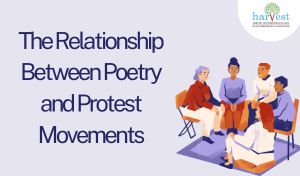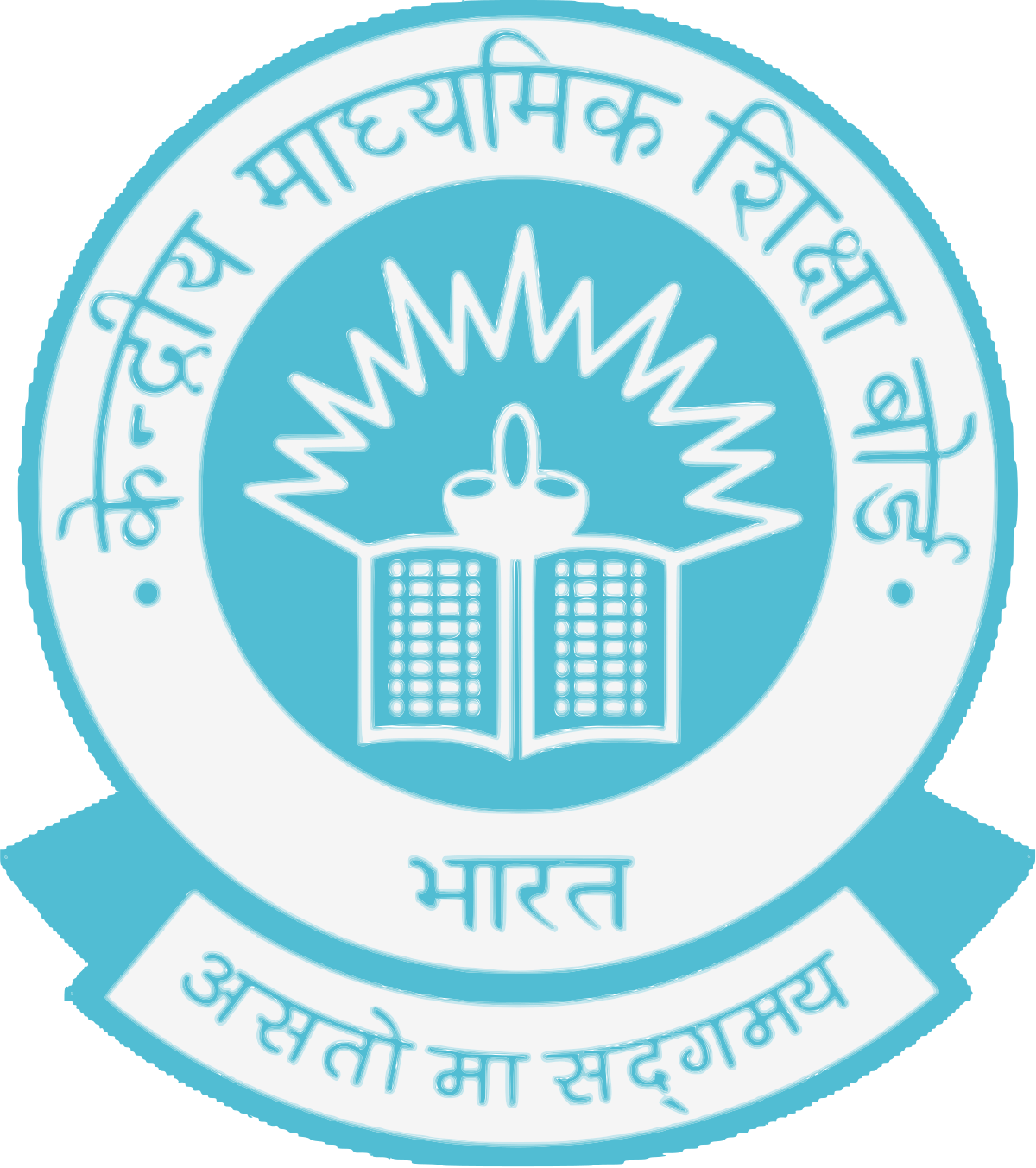The Relationship Between Poetry and Protest Movements
Throughout history, poetry has been a powerful voice for the voiceless. In times of social unrest, political turmoil, and injustice, people have turned to poetry not only as a form of expression but also as a tool for protest. From the verses of revolutionary poets to the chants of contemporary demonstrators, poetry has consistently fueled movements for change. At Harvest International School, one of the best schools in Sarjapur Road Bangalore, we believe that nurturing an appreciation for literature—and poetry in particular—is essential in shaping students into socially aware, articulate, and empathetic individuals.
This blog explores the intricate and enduring relationship between poetry and protest movements and why encouraging literary engagement in schools is critical in today’s world.

Poetry as a Tool of Resistance
Poetry transcends the boundaries of time, geography, and language. It distills complex emotions and ideologies into compact, memorable lines that stir the soul and provoke thought. For centuries, poets have wielded words like weapons—challenging authority, defying oppression, and igniting revolutions. From the anti-colonial verses of Mahatma Gandhi’s contemporaries to the powerful spoken word poetry of today’s activists, poetic protest has always played a crucial role in social transformation.
At Harvest International, among the top schools in Bangalore, students are introduced to historical and contemporary poems that challenged norms and spoke truth to power. These learning experiences allow young minds to recognize how poetry can bring awareness to injustice while uniting people under a shared emotional banner.
Historical Examples of Poetry in Protest
1. India’s Freedom Struggle
Poetry played an instrumental role in galvanizing people during India’s independence movement. Poets like Subramania Bharati, Sarojini Naidu, and Rabindranath Tagore composed patriotic verses that celebrated the spirit of resistance. Tagore’s “Where the mind is without fear” remains a timeless call for intellectual and spiritual freedom.
As one of the best schools in Bangalore India, Harvest International introduces students to these literary icons, helping them understand how creative expression intertwines with national identity and collective struggle.
2. The Harlem Renaissance and Civil Rights Movement
In the United States, African American poets like Langston Hughes and Maya Angelou voiced the pain of systemic racism and the hope for liberation through their writing. Their work became anthems for the civil rights movement, offering both comfort and conviction.
At our school—ranked among the CBSE schools in Bangalore Sarjapur Road—we explore such global literature to expose students to diverse narratives of resistance and the cultural role of poetry in shaping justice-based discourse.
Contemporary Protest Poetry
Modern-day protest poetry continues to echo across streets and screens alike. In movements like Black Lives Matter, MeToo, and climate justice campaigns, poets have stood at the forefront, channeling emotion into action. Social media has amplified these voices, allowing even young poets to contribute to the global call for equity and change.
Through workshops and literary clubs, Harvest International, one of the best schools in Sarjapur Road Bangalore, encourages students to write, perform, and publish their own poetry—many of which reflect themes of identity, justice, and environmental concerns. This cultivates not only creative talent but also critical consciousness.
Why Poetry Resonates in Protest
What makes poetry so effective in protest movements?
1. Emotional Power
Poetry appeals to the heart. It captures the anguish of oppression, the fire of anger, and the hope for freedom—all within a few poignant lines. It allows readers and listeners to feel the movement’s urgency.
2. Memorability and Chanting
Short, rhythmic lines are easily memorized and repeated in protests, rallies, and demonstrations. Think of slogans and chants—they are essentially poetic in nature.
3. Accessibility
Poetry can be shared orally, written on banners, performed on stages, or posted online. It reaches across age groups and literacy levels, making it an inclusive tool for communication.
As one of the best schools in Bangalore India, we recognize the value of equipping students with the ability to harness this literary power to advocate for justice and empathy.
Integrating Poetry and Protest in School Curricula
At Harvest International School, we believe that exposure to protest poetry is essential to developing thoughtful, empowered students. That’s why we have incorporated this theme into both our English literature curriculum and our co-curricular programs.
1. Classroom Discussions
From global classics to regional voices, our literature syllabus includes poems that tackle themes like social inequality, gender rights, environmental concerns, and political freedom. These texts spark meaningful discussions in classrooms about ethics, civic responsibility, and human rights.
Being one of the CBSE schools in Bangalore Sarjapur Road, we ensure that our curriculum meets academic standards while nurturing awareness and empathy.
2. Poetry Writing Workshops
Students are encouraged to write their own poetry as a response to social issues they care about. Our teachers guide them to explore their inner voice, structure their thoughts, and use metaphors and rhythm effectively. Some of the best poems are showcased during school events, published in newsletters, or submitted to national competitions.
Such creativity underlines our reputation as one of the top schools in Bangalore that champions both academic excellence and personal expression.
3. Performance and Spoken Word Events
Every year, our school organizes open mics, literary competitions, and awareness campaigns where students can perform their poetry. These events foster confidence and allow students to engage in public speaking while advocating for causes close to their hearts.
As a leading name among the best schools in Sarjapur Road Bangalore, we provide platforms where students’ voices are heard—and celebrated.
The Role of Language and Regional Identity
Protest poetry is not limited to English or global icons. Across India, regional languages have produced a rich legacy of poetic protest. From Kannada’s Kuvempu to Tamil’s Bharathidasan, these poets have championed the rights of the marginalized and celebrated regional pride.
At our institution, one of the prominent CBSE schools in Bangalore Sarjapur Road, students explore poetry in multiple languages, fostering respect for linguistic diversity and cultural heritage.
Cultivating Empathy Through Poetry
One of the most powerful outcomes of engaging with protest poetry is the development of empathy. When students read or write about the lived experiences of others—be it through the lens of caste discrimination, gender-based violence, or forced migration—they begin to understand perspectives different from their own.
As one of the top schools in Bangalore, we view empathy as an essential life skill. Poetry helps build this by putting students in touch with human emotions and struggles, encouraging them to think critically about justice and compassion.
Harvest International’s Holistic Approach
We take pride in offering more than a textbook education. Our mission is to nurture well-rounded, emotionally intelligent, and socially responsible individuals. Through literature, arts, and activism, students at Harvest grow into global citizens who are not afraid to speak their truth.
As one of the best schools in Sarjapur Road Bangalore, our infrastructure, faculty, and academic ethos are all aligned to support this kind of interdisciplinary and impactful learning.
Conclusion
In a world that constantly grapples with inequality, environmental challenges, and socio-political upheaval, poetry remains a beacon of hope and resistance. At Harvest International School, we understand the transformative potential of literature—not only to inform but to inspire.
As one of the top schools in Bangalore, we are committed to creating spaces where students don’t just learn about protest poetry, but live it—through writing, discussion, performance, and activism.
By equipping young minds with the tools to speak out and feel deeply, we are sowing the seeds of a more compassionate and courageous generation. And in doing so, we continue our legacy as one of the best schools in Sarjapur Road Bangalore, where education is not just about knowledge—but about voice, vision, and values.




